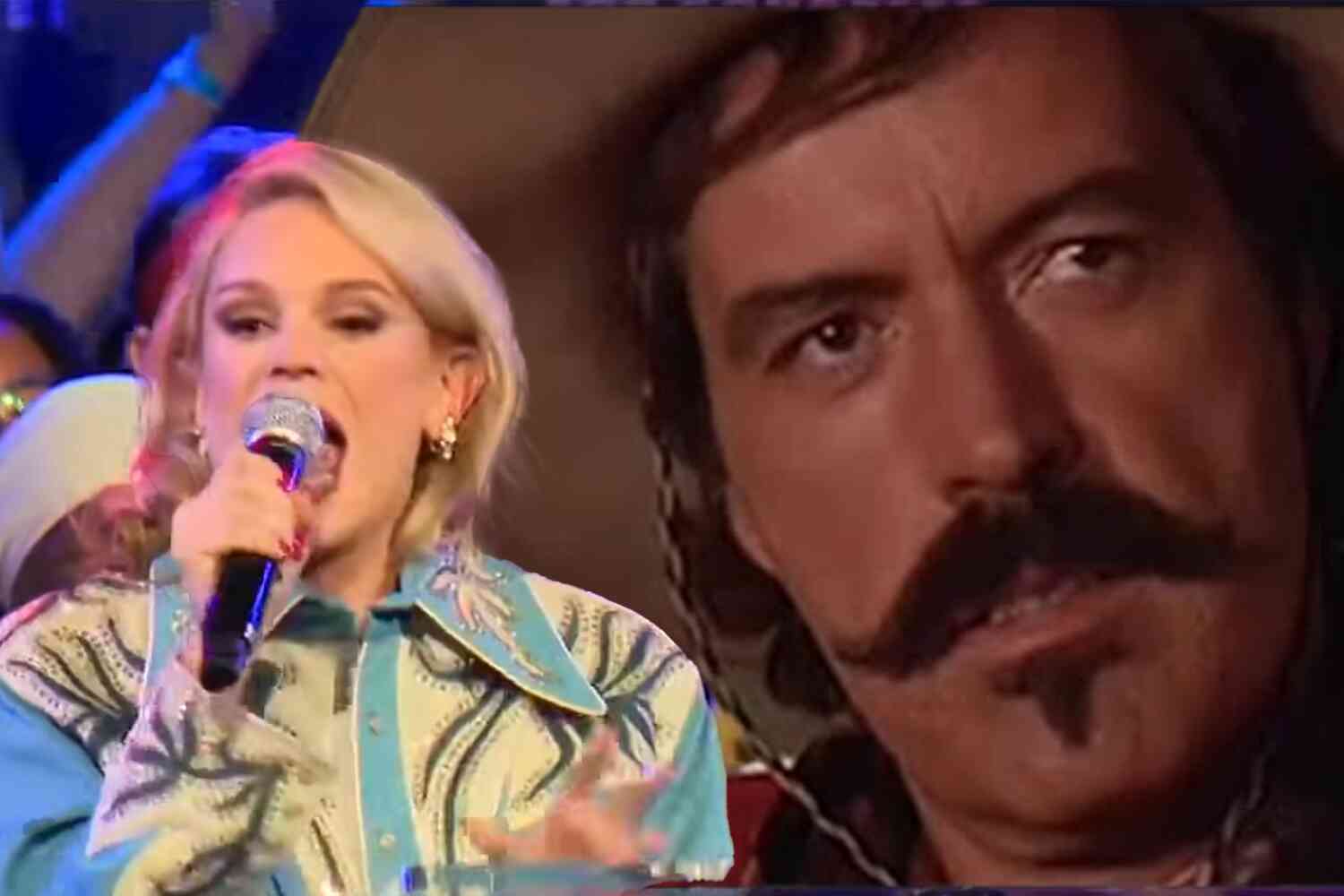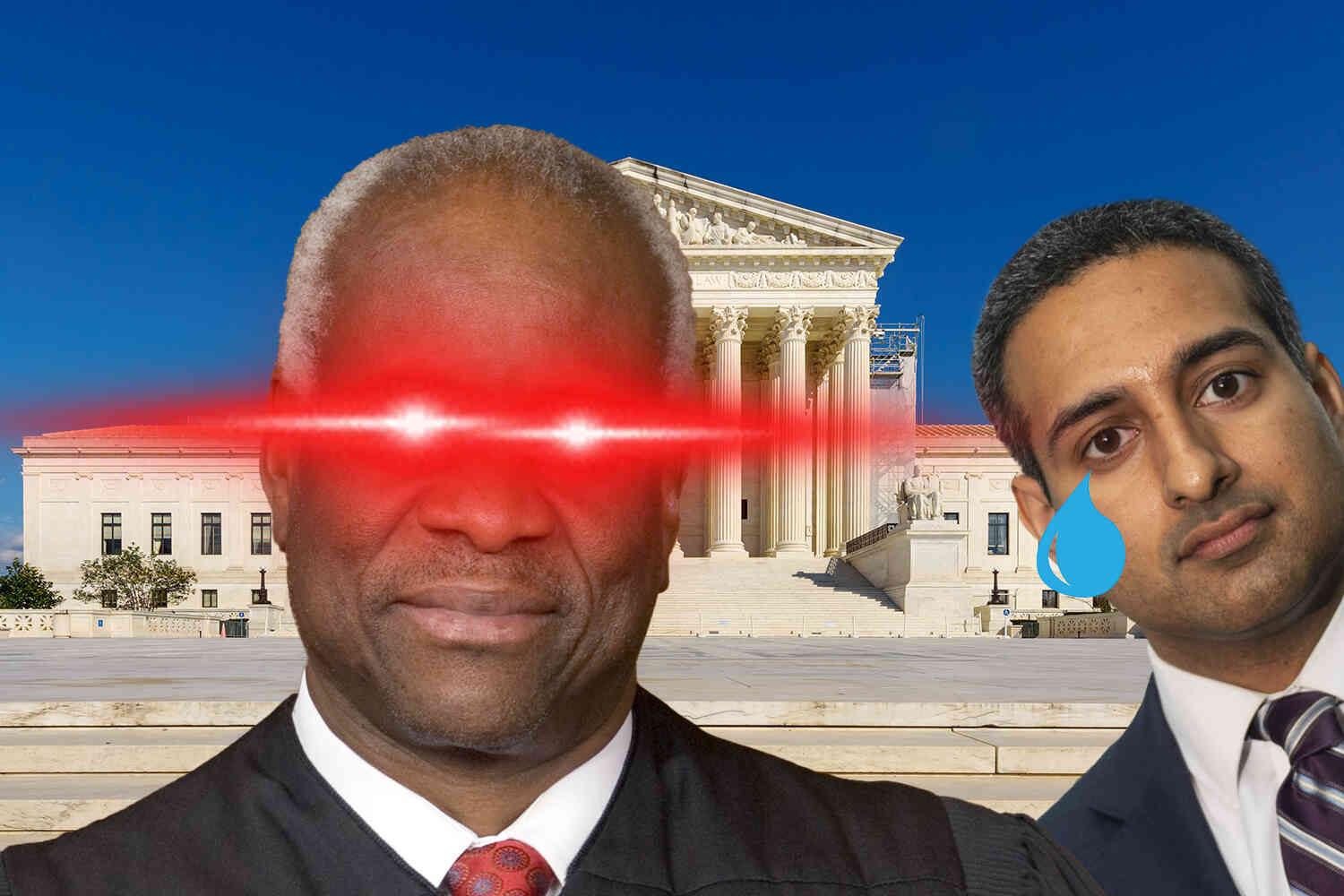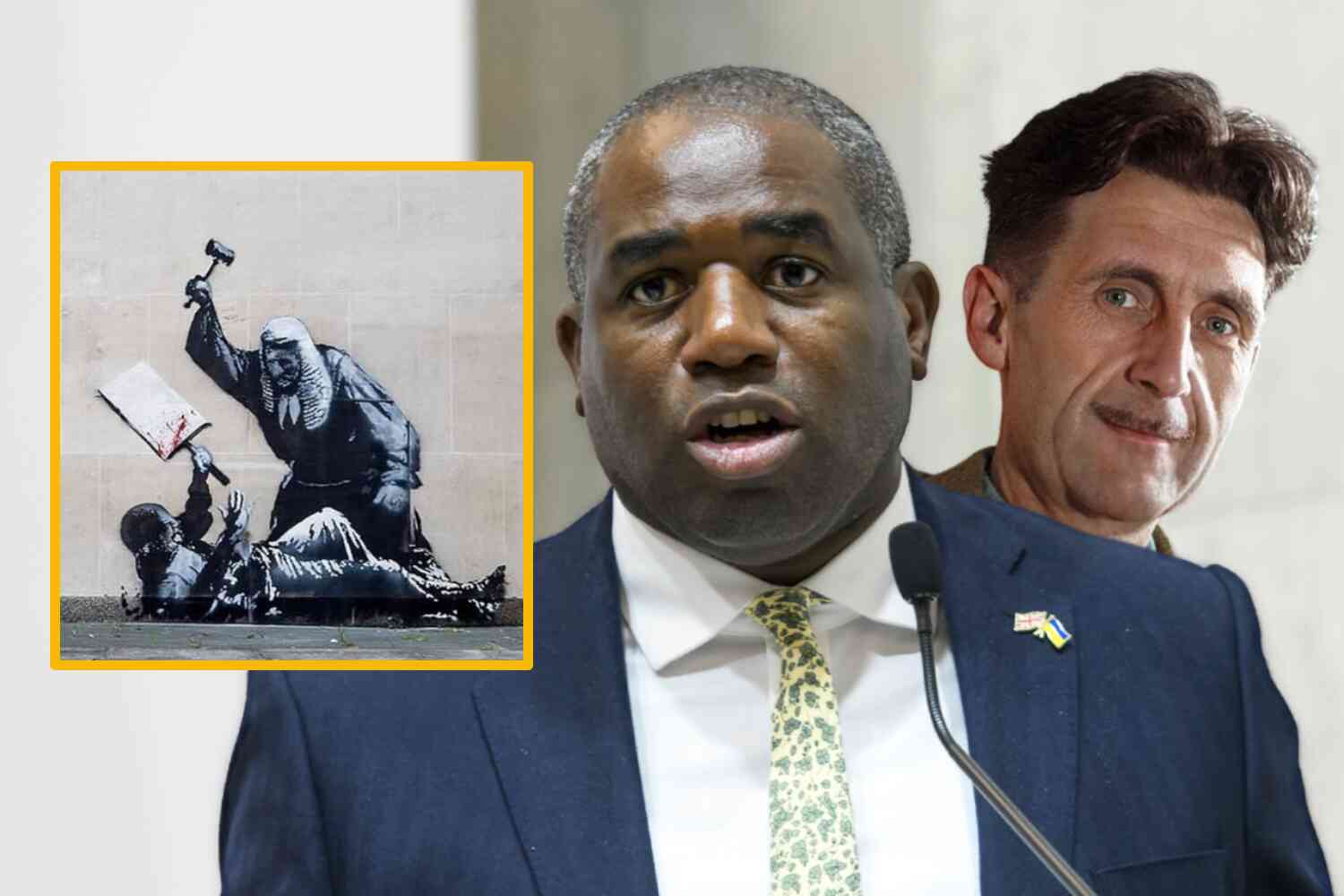There was a time when Wheaton College in Illinois had the reputation for being the leading Christian institution of higher learning in the country. To be fair, that really isn't the case anymore.
Not that Wheaton doesn't still boast a rigorous academic environment; but any consideration of Christian scholarship has to involve scriptural fidelity and value judgments. On both counts, Wheaton has struggled in recent years, particularly after the doctrinal circus that was the Larycia Hawkins scandal.
Hawkins was the political science professor who for Advent donned a Muslim hijab, a symbol of women's oppression, while positing publicly the heretical teaching that Islam and Christianity worship the same deity. While the school's administration attempted to do the right thing, the faculty council voted unanimously to publicly pressure them to bend the knee and apologize for suspending Hawkins, who later left the school to teach elsewhere. Sadly, the administration complied.
Think that through – a Christian institution of higher learning that boasts about being known as the "Harvard of Christian colleges," apologized for suspending a professor who was violating the school's statement of faith and misleading students into the false belief that God and Allah are one in the same. The professor didn't apologize for heresy, the school apologized for defending doctrinal fidelity. Not good.
With that as a backdrop, news emerged this week that Wheaton has decided to "carefully" reword a plaque honoring school alumni-turned-murdered missionaries that has been on display since 1957.
Former students Jim Elliot and Ed McCully were part of a team of missionaries slaughtered with spears by the violent Auca Indians in Ecuador in 1956. The name Auca is translated to mean "wild" or "savage," a label applied to them by neighboring tribes for good reason. Murder, cannibalism, spearing peaceful missionaries – the literal definition of "savage" behavior. The memorial plaque read accordingly.
"For generations all strangers were killed by these savage Indians. After many days of patient preparation and devout prayer, the missionaries made the first friendly contact known to history with the Aucas."
It seems that a significant number of Wheaton alumni and donors saw in the plaque not a distinguished recognition of lives given for the Kingdom of God, but a racist and demeaning description of "savage" people. Since later missionaries converted and civilized the Auca, their name was changed to "Waorani." The offended alumni and donors demanded the plaque be updated to reflect the name change.
In his statement acquiescing to the demands, Wheaton President Philip Ryken said that the school was committed to telling, "this unforgettable story in ways that reflect the full dignity of people made in the image of God." While a laudable sentiment, it surely isn't news to a prestigious Christian university that people made in the image of God can and do behave in savage ways.
In fact, accurately describing the former Auca tribe as savages who were civilized through the gospel of Jesus Christ, is a perfect case study to present the world for the mission that we believers are on. Apart from Christ we are all savages, with every heart "deceitful above all things and desperately wicked." It is through the civilizing, saving force of Christ's redemptive work on the cross that our hearts are renewed and minds are transformed. Is there a better word picture for that reality than the Lord's deliverance of the Waorani?
Now obviously that is unlikely to be a popular message to share with a world arrogantly convinced of its own righteousness. But the applause of men was never to be what we believers were in this for to begin with, right? It might be time that Christians remind their "Harvard" of that truth.
Disclaimer: The opinions expressed in this article are those of the author and do not necessarily reflect the opinions of Not the Bee or any of its affiliates.









